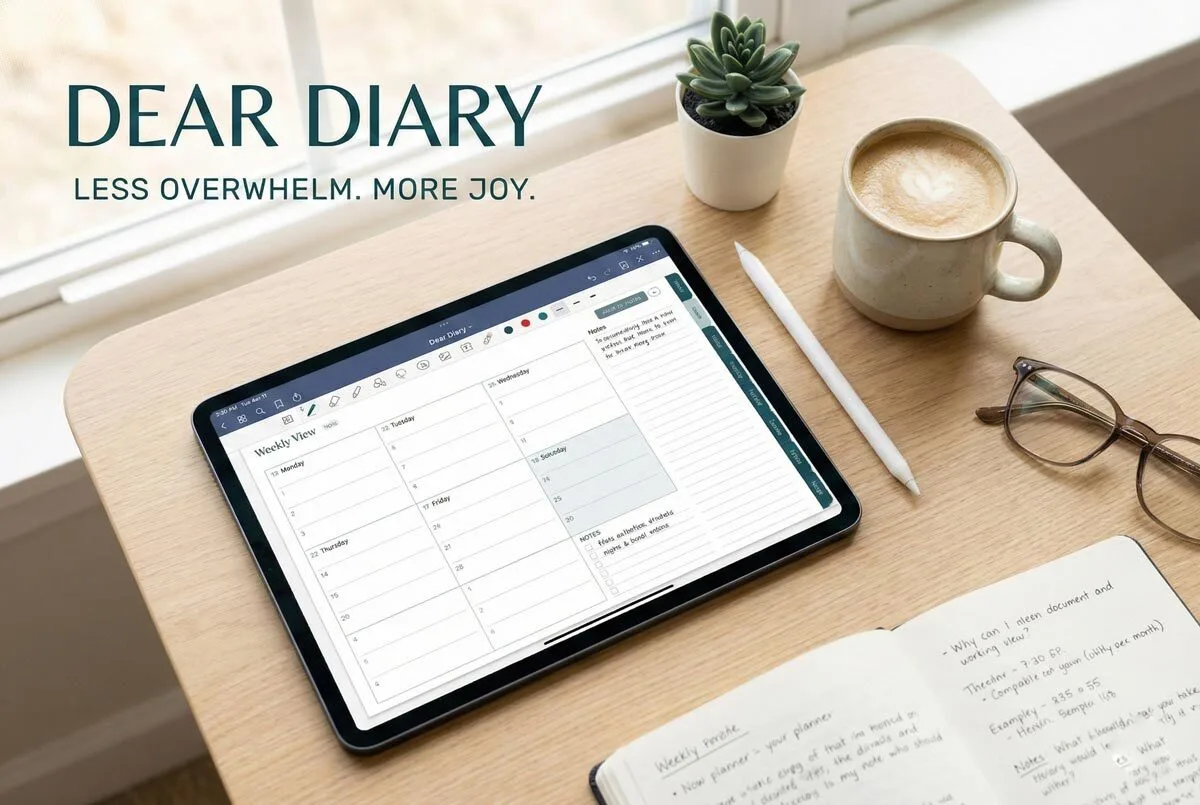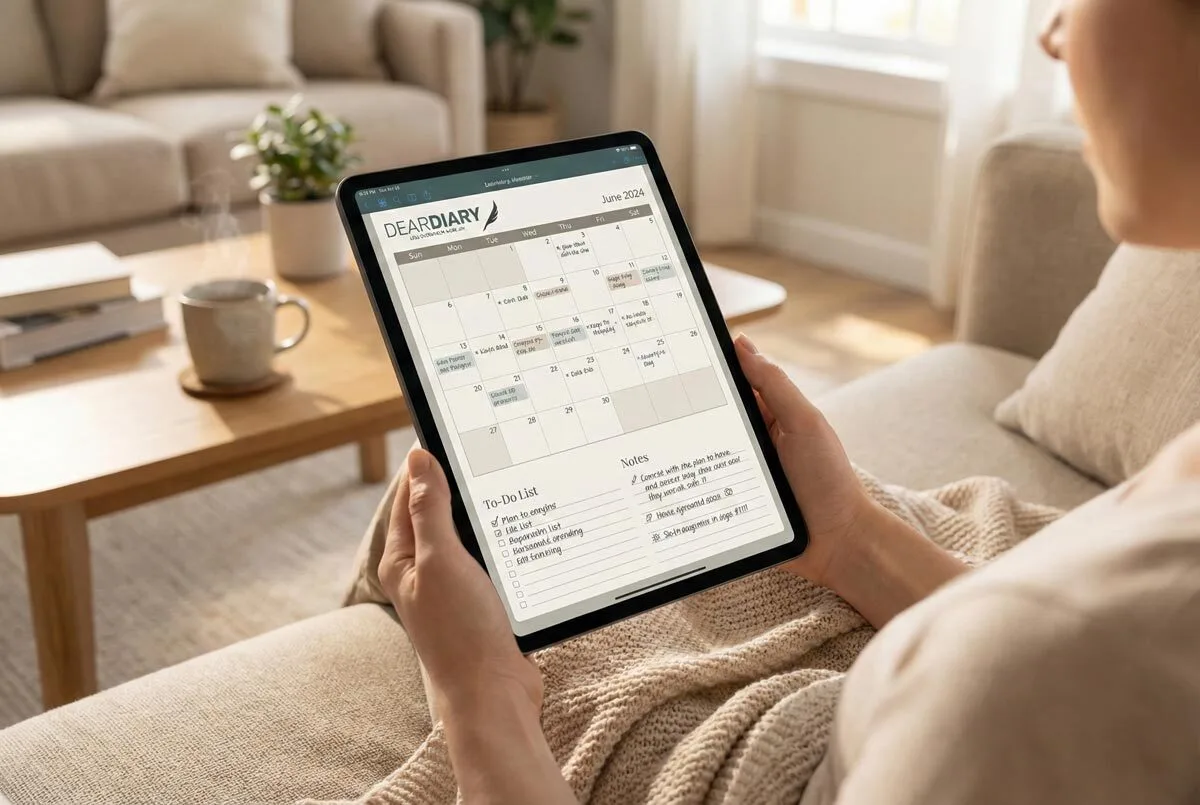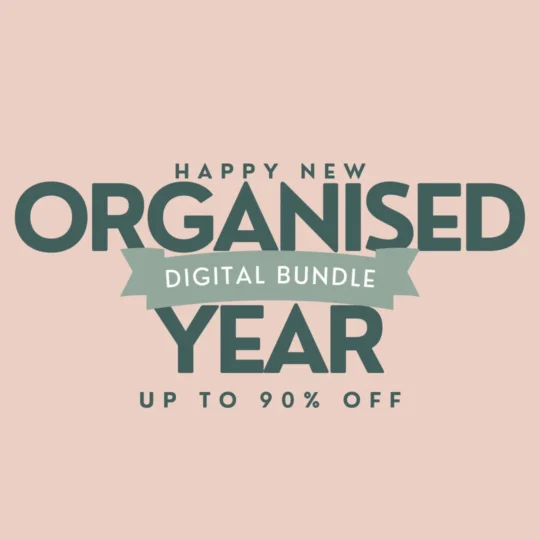Start keeping a daily progress journal where you document small wins, like “completed four workouts this week” or finished one chapter. These micro-victories release dopamine and create positive feedback loops that fuel long-term motivation. Celebrate milestones with non-material rewards like nature walks or quality time with friends. Use SMART goals to break overwhelming objectives into recognisable achievements your brain can actually process and appreciate. There’s much more to this momentum-building approach.
While most people focus obsessively on the gap between where they are and where they want to be, your brain actually craves something entirely different: recognition of progress already made.
Harvard research reveals that small daily wins impact employee motivation and emotional well-being more than any other factor. When you celebrate incremental achievements, your brain releases dopamine immediately, creating upward spirals of confidence that fuel long-term commitment.
Small daily victories trigger immediate dopamine release, creating psychological momentum that sustains long-term commitment better than focusing on distant goals.
You’re wired to respond to progress recognition.
Each time you acknowledge a small win, you’re building psychological feedback loops that reinforce persistent action. This isn’t feel-good nonsense—it’s neuroscience. Tracking your progress reduces anxiety by proving you can take effective action, even when the final goal feels overwhelming.
Start maintaining a daily progress journal to visibly document incremental achievements.
Write down specific accomplishments, no matter how small they seem. Completed that avoided phone call? Document it.
Stuck to your morning routine for three days straight? That counts. These micro-habits become recurring daily victories that compound over time, building unstoppable momentum.
Share your wins with trusted networks to amplify positive reinforcement through social validation.
When you verbalise progress to supportive people, you’re strengthening neural pathways that associate effort with reward. This creates resilience by reinforcing that persistent action has value, regardless of how far you’ve got left to go. Each celebration strengthens the connection between effort and positive outcomes, reinforcing motivation to continue. Acknowledging growth also builds resilience through deliberate reflection on the challenges you’ve successfully overcome.
Implement SMART goals structures to break overwhelming objectives into measurable mini-successes. Instead of “lose weight,” track “completed four workouts this week.” Rather than “improve relationships,” celebrate “had meaningful conversation with spouse yesterday.”
Time-bound achievements create clear progress markers your brain can recognise and celebrate.
During setbacks—and they’ll happen—reference your progress journal to demonstrate previous conquest abilities. You’ve overcome obstacles before; documented evidence proves it. Structured layouts for tracking achievements help transform this reflection process into a consistent practice that maintains motivation through difficult periods.
This systematic approach to celebrating growth changes discouragement into data, showing you’re more capable than you realise. Research shows that 76% of positive emotional days are directly linked to making progress on meaningful work.
Reward milestones with non-material experiences like nature walks or quality time with loved ones. These celebrations create lasting positive associations without triggering overindulgence behaviours that might derail progress. Perfectionism often leads to chronic stress when focusing solely on flawless outcomes rather than meaningful progress. The Everything Planner’s goal tracking feature provides dedicated spaces for documenting weekly accomplishments alongside your monthly reflections.
Use modular completions as celebration points in any learning process.
Finished one chapter? Acknowledge it. Completed therapy session? Mark it down. Abstained for seven days? That’s significant progress deserving recognition.
The key shift happens when you stop treating growth like preparation for celebration and start treating it as celebration itself. Your path contains countless victories worth acknowledging. A comprehensive digital planner provides structured daily spaces for documenting these achievements and maintaining consistent gratitude practices. Digital planning tools offer unlimited page duplication for tracking multiple goals or reflecting on progress across different areas of your life simultaneously. Customisable layouts allow you to adapt tracking methods to fit your specific workflow and achievement patterns.
When you learn to see them, document them, and share them, you’re not just moving towards your goals—you’re enjoying the process of becoming the person capable of achieving them.
Frequently Asked Questions
How Do I Celebrate Growth When I’m Still Far From My Goal?
You’re building momentum with each small step forward. Celebrate weekly progress by tracking micro-actions, acknowledging effort over outcomes, and sharing wins with accountability partners who’ll recognise your consistent growth path.
What if My Family Doesn’t Understand Why I’m Celebrating Small Wins?
You’ll need to educate them about small wins’ psychological benefits. Share research showing celebration enhances motivation, not complacency. Involve them in recognising progress together, helping them see incremental achievements build towards larger goals.
Should I Celebrate Growth Even When I Make Mistakes or Fail?
You should absolutely celebrate growth when you make mistakes or fail. Failures trigger growth-enhancing brain processes and reframe challenges as learning opportunities, building flexible resilience that correlates with higher long-term achievement.
How Often Should I Acknowledge and Celebrate My Progress?
You should acknowledge progress daily through quick reflections and celebrate weekly wins more formally. This combination maintains momentum whilst preventing burnout. Monthly reviews help you adjust strategies and recognise cumulative growth patterns effectively.
What’s the Difference Between Celebrating Growth and Being Satisfied With Mediocrity?
You celebrate growth by embracing challenges and learning from setbacks, whilst mediocrity accepts “good enough.” Growth pushes your limits with curiosity; mediocrity avoids discomfort and settles for external validation over personal development.






